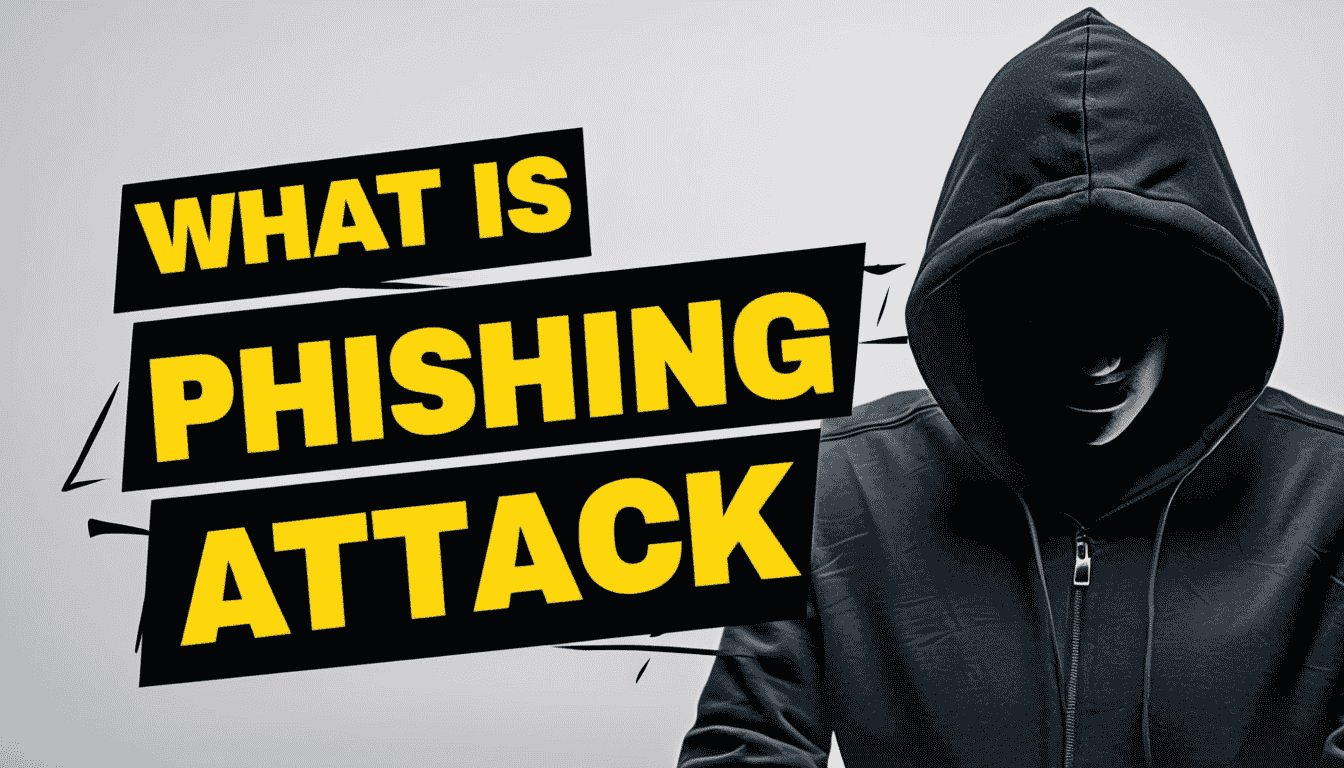Phishing Scam Definition: How to Identify and Avoid Online Threats
Phishing Scam Definition: How to Identify and Stay Away from Online Dangers
In the current digital age, cyber attacks are increasing exponentially, and phishing is one of the most common and perilous types. Whether you are a beginner cybersecurity professional or an individual getting ready for a cloud engineer certification such as the Azure Administrator Associate Course or Google Cloud Engineer Certification, knowing what is phishing is essential to your business and personal online security.

At UniNets, where we offer trending training such as the Azure Administrator Course, GCP Associate Cloud Engineer Training, and Bash Scripting Tutorials, one of the basics that we cover is securing your accounts, data, and infrastructure from phishing and other dangers.
Phishing Scam Definition
Let's start with a concise phishing scam definition.
Phishing is a form of cyberattack in which attackers scam users into disclosing confidential details like passwords, financial information, or identification. Such scams usually come in the guise of simulated emails, messages, or websites that pretend to represent legitimate services or contacts. The intention is to "fish" for information by tricking the victim into performing risky actions such as clicking on an infected link or downloading a counterfeit document.
What is Phishing?
What is phishing in plain English? Phishing is social engineering by deception. It attacks human behavior rather than system vulnerabilities. The attacker assumes the identity of one you trust—your bank, your employer, or a cloud service provider such as Azure or Google Cloud—to make you trust them and release your personal information.
A few typical phishing methods are:
Email Phishing: Spoofed emails with malicious links.
Spear Phishing: Targeted, customized messages for an individual.
Whaling: Executives or high-profile targets being attacked.
Smishing and Vishing: SMS or voice call-based phishing.
What Is a Phishing Scam? Examples in Real Life
Phishing scam can arrive in the form of:
An email stating that your Azure account has been hijacked.
A request to update your cloud credentials immediately.
A bogus job offer for the position of Google Cloud Engineer which asks you to fill in personal information.
These are very well-designed scams and can even trick seasoned IT experts. We place a lot of importance on phishing awareness in all our technology training programs from Azure Administrator Associate Training to Bash Scripting Tutorials to equip students with the ability to recognize these pitfalls early.
How to Identify a Phishing Scam
The following are obvious indications that something could be a phishing scam:
Unusual Sender Address: Messages received from unknown or questionable domains.
Urgent or Threatening Language: "Act now or your account will be locked."
Misspellings and Grammar Errors: Typical for spurious emails.
Suspicious Links: Hover over links but don't click—verify if the URL is the same as the sender's.
Unforeseen Attachments: Never open attachments from a stranger.
We integrate these real-world examples in our cloud engineer certification and bash scripting training courses at UniNets to provide students hands-on security expertise.
Avoiding Phishing Scams: Best Practices
Whether you are undertaking a GCP Associate Cloud Engineer Training or the Azure Administrator Associate Course, these tips will ensure you're safe:
Use Multi-Factor Authentication (MFA): Always turn on MFA on your cloud and email accounts.
Educate Yourself: Participate in frequent security training sessions such as those available at UniNets.
Check URLs Carefully: Don't believe links without checking where they are coming from.
Keep Software Updated: Always have the latest version of your operating system and apps.
Practice Secure Scripting: While working with bash scripts, avoid storing passwords or credentials in plaintext.
Phishing in the Cloud Era: Why Cloud Engineers Need AwarenessPhishing attacks today target cloud platforms aggressively. If you’re working toward an Azure Administrator Course or Google Cloud Engineer Certification, phishing awareness should be part of your core skill set.
For instance:
In Azure environments, phishing can lead to compromised Azure Active Directory credentials.
In Google Cloud, phishing can provide unauthorized access to Compute Engine, Cloud Functions, or IAM roles.
That's why cloud engineer certification courses like those at UniNets not only educate about cloud technologies; they educate about how to make them secure from day one.
Bash Scripting and Phishing: Hidden Dangers
Even bash scripting, which is a versatile tool used in system administration and automation, can double as a double-edged sword if mishandled. Phishing payloads can be hidden within seemingly innocuous bash scripts by attackers.
In our bash scripting tutorial at UniNets, script safety topics like sanitizing input, checking URLs, and avoiding the execution of foreign code from unknown sources are covered. This way, not only are our students script-smart, but also security-aware.
Conclusion
Remain Ahead with UniNets TrainingIn conclusion, phishing attacks continue to be among the most harmful cyber threats in 2025. As a beginner or career IT professional, being aware of the phishing scam definition, knowing what is phishing, and how to evade it is essential for your safety and success.
In UniNets, our training courses, ranging from the Azure Administrator Associate Training to the GCP Associate Cloud Engineer Training, all encompass hands-on phishing awareness, cyber hygiene, and secure scripting classes. Even our bash scripting guide has security-oriented practices aimed at getting the students ready for real-world applications.
